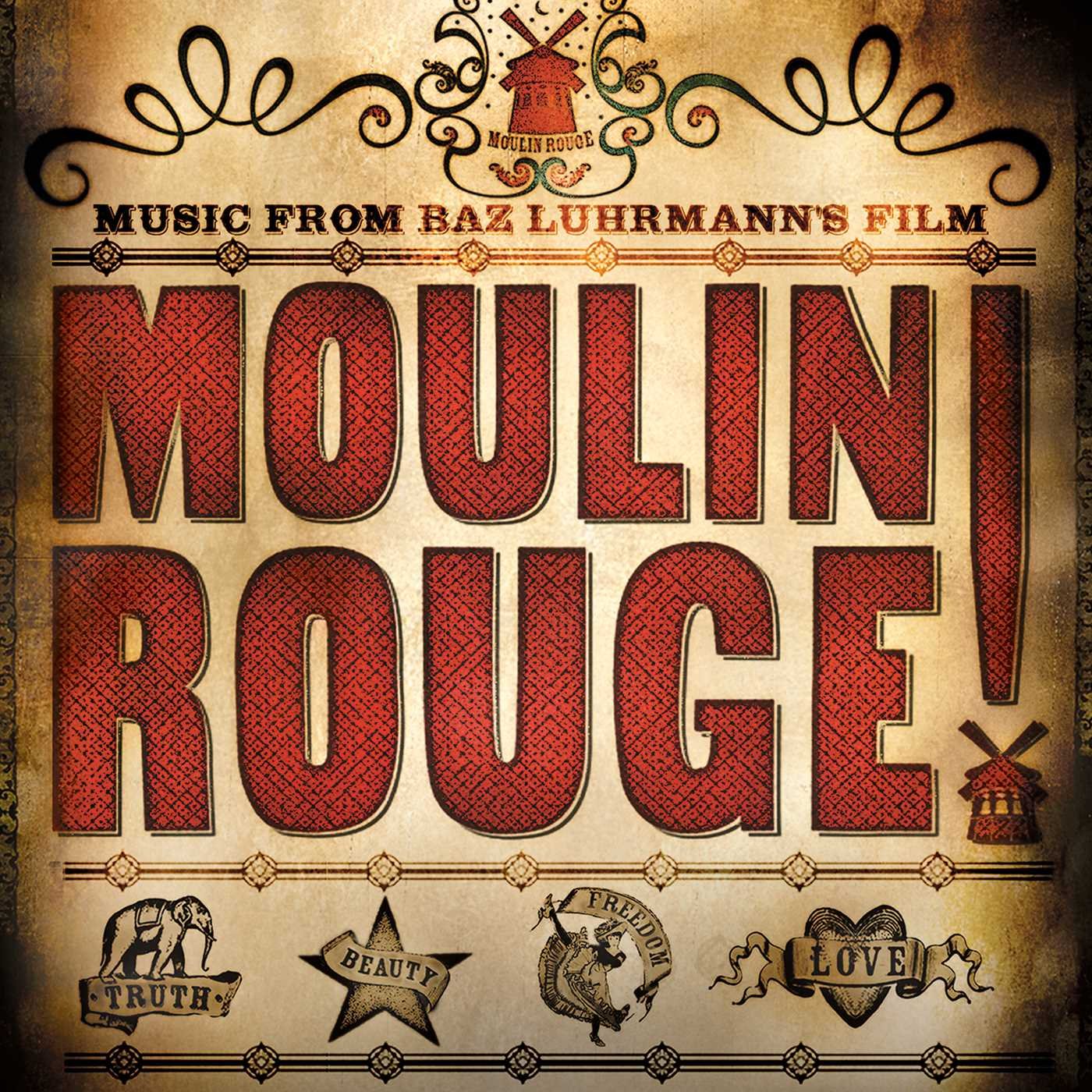by Chris Feil
 Perhaps it’s easy to forget how revolutionary Baz Luhrman’s Moulin Rouge! was in 2001. The thing about masterpieces is their legacy sometimes overshadows the context that birthed them. But at the time, the musical was a massive gamble and creative leap, helping to relaunch the genre that had died a slow death at the box office and to cultural cinematic tastes. Just as Luhrman’s William Shakespeare’s Romeo + Juliet had aggressively re-imagined its text for the MTV set, he delivered something even more drug-fevered to the musical, shattering notions of what the genre’s limitations were and how it could exist in the modern era.
Perhaps it’s easy to forget how revolutionary Baz Luhrman’s Moulin Rouge! was in 2001. The thing about masterpieces is their legacy sometimes overshadows the context that birthed them. But at the time, the musical was a massive gamble and creative leap, helping to relaunch the genre that had died a slow death at the box office and to cultural cinematic tastes. Just as Luhrman’s William Shakespeare’s Romeo + Juliet had aggressively re-imagined its text for the MTV set, he delivered something even more drug-fevered to the musical, shattering notions of what the genre’s limitations were and how it could exist in the modern era.
Musicals may be more commonplace now, but they have yet to be as audacious since. But as much as Luhrman’s trippy, frenetic stylings play nearly twenty (gasp!) years later as its most obvious innovations, it was Luhrman’s music choices that were the biggest shock to the system for movie musicals.
Jukebox musicals and repurposing of existing music is now so prevalent that this element of the film is easily taken for granted. By throwing the likes of Bowie, Madonna, and Nirvana into the film’s period context, Luhrman was attempting to convey the excess and subversion of the infamous club to a 2001 that was much harder to titillate or shock. In addition to using the music video visual language, he blurred the lines of history by making something where the traditional Can-Can was equally at home with rock and roll, where traditional musical theatre numbers still spark with something completely new.
The film draws a throughline of pop music past and present, which Luhrman packaged even beyond the confines of the film. Its physical soundtrack featured only about half of the actual songs of its musical sequences, instead offering something that was a temporal representation of what it was like to watch the film. The disc was a swath of genres in electronic excess - remember Fatboy Slim? But it was also reflected the film as a piece of pop perfection. The rebirthed “Lady Marmalade” is mashed into the film, but on its own, it was a piece of iconography that both stood apart from the film and cemented the film’s (and the musical genre’s) place in contemporary pop culture.
The musical theatre kids among us might have felt the film’s more traditional elements pushed to the sides of the conversation around the film (even numbers like “Like A Virgin” and “The Show Must Go On” were pushed to the release of the unheralded second soundtrack). However, the film still satisfies the typical musical framework that audiences had long grown weary of. “Your Song” is the ironic “burst into song” moment, “Roxanne” subverts the narrative-pushing act two showstopper, “Diamonds Are A Girl’s Best Friend” is essentially copy/pasted from its source musical. “Come What May” is the hummable ballad required of every musical, impactfully the film’s sole original tune.
But the key musical moment that both serves traditional screen musicals and uses all of the tools that Luhrman employs to sway the viewers that hate them, is the “Elephant Love Medley”. It’s the most familiar musical moment of the film on many fronts. Here Luhrman uses a slew of pop songs to play tongue-in-cheek with both pop and musical romantic cliches alike, winning over the doubters just as Christian wins over Satine despite her protest. It’s a subversive way of getting a largely hostile audience to cherish the legacy of the musical and everything it stands for, and a formative movie moment for a new generation primed to embrace the genre without hesitation.
Baz made the genre cool again by doing nothing and everything the same as it always was. When Moulin Rouge! finally arrives on the Broadway stage at the end of the month (with a revamped set of tracks), can it have the same effect?
All Soundtracking installments can be found here!